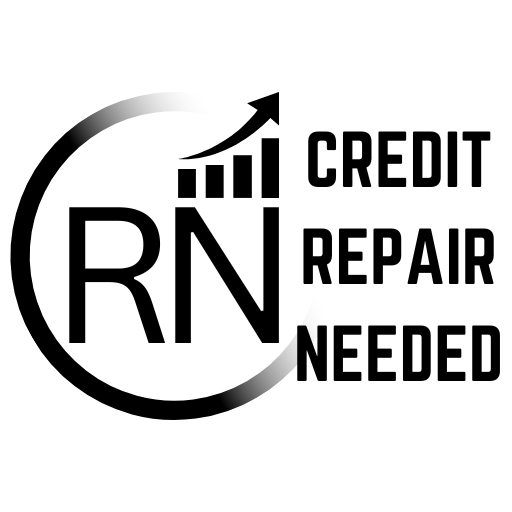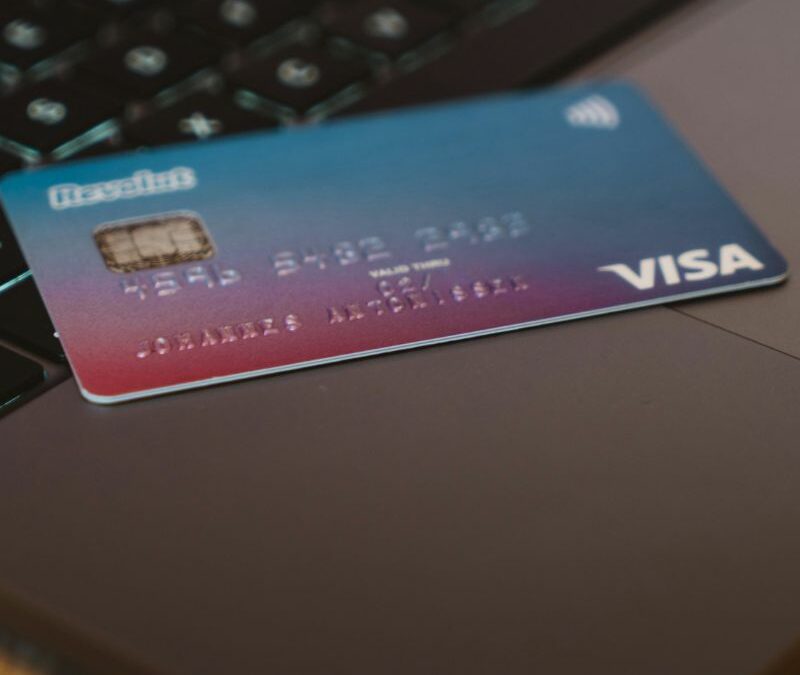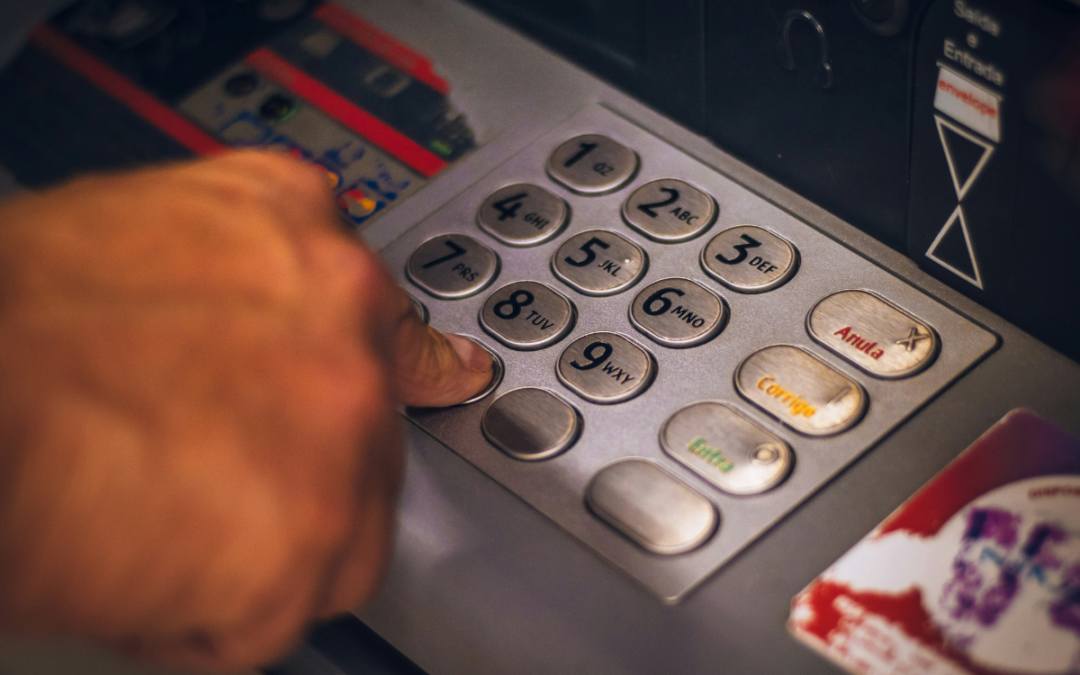Navigating the Credit Card Maze
Master Your Credit: Avoid Common Pitfalls
Discover essential strategies to manage your credit cards effectively and avoid costly mistakes.
I. Introduction
In today’s fast-paced, consumer-driven society, credit cards have become an integral part of financial life for millions of people. With the promise of convenience, rewards, and the ability to build credit, it’s no wonder that credit card usage continues to rise. However, the lure of plastic can quickly turn sour if not managed properly.
As legendary investor Warren Buffett cautions, “if you start revolving debt on credit cards, you’re going to be paying 18 or 20 percent and you can’t make progress in your financial life going around borrowing money at 18 or 20 percent.” This stark warning underscores the very real dangers that come with misusing credit cards.
Whether you’re new to the credit card game or have been using them for years, understanding both the highs and lows is crucial to achieving long-term financial success. In this comprehensive guide, we’ll dive deep into the allure of credit cards, the pitfalls to avoid, and actionable strategies for both novice and experienced cardholders. By the end, you’ll be equipped with the knowledge to make informed decisions and steer clear of the credit card traps that have ensnared so many.
Sarah’s Story: A Wake-Up Call
“I was 22 when I got my first credit card. The feeling of freedom was intoxicating. Within six months, I had maxed out three cards and was drowning in $15,000 of debt. What started as a simple way to build credit turned into a nightmare that took me three years to escape.”
Sarah’s story isn’t unique. Thousands of young adults face similar situations every year, but there’s hope and a clear path forward.
II. The Allure of Credit Cards
Credit cards offer an undeniable convenience that has made them ubiquitous in modern life. With a simple swipe or tap, we can instantly make purchases, cover unexpected expenses, and even earn rewards along the way. For many, this ease of use is a primary driver of credit card adoption.
Beyond just convenience, credit cards also play a key role in building and maintaining a healthy credit profile. By demonstrating responsible usage over time, cardholders can steadily improve their credit scores – a crucial metric that influences everything from loan approvals to rental applications. The prospect of earning rewards, cashback, and other perks further sweetens the deal, making credit cards seem like a no-brainer for those looking to maximize their financial firepower.
However, it’s important to recognize that the psychological factors at play can also contribute to the allure of credit cards. The disconnect between spending and available funds, coupled with the instant gratification of making a purchase, can lead to impulse buys and lifestyle inflation. This can quickly spiral out of control, as cardholders find themselves trapped in a vicious cycle of mounting debt.
<div class=”affiliate-ad”> <h3>Struggling with credit card debt? Check out our top recommendations for balance transfer cards that can help you pay off high-interest debt faster.</h3> <a href=”https://example.com/balance-transfer-cards” class=”cta-button”>Explore Balance Transfer Cards</a> </div>
The Hidden Dangers Nobody Warns You About
Credit card companies profit from your mistakes. In 2022 alone, Americans paid over $120 billion in credit card interest. Behind the attractive rewards and signing bonuses lurks a carefully designed trap that can take years to escape.
- The average household with credit card debt owes $16,883
- Interest rates can jump to 29.99% after a single late payment
- Missing payments can damage your credit score for up to 7 years
III. The Dangers of Credit Card Misuse
While credit cards offer numerous benefits, their misuse can have devastating consequences. At the heart of the problem lies the astronomical interest rates that can accompany credit card balances. As Buffett cautions, “you can’t make progress in your financial life going around borrowing money at 18 or 20 percent.”
When cardholders make only the minimum monthly payments, the interest charges can quickly outpace their ability to pay down the principal. This snowballing effect traps individuals in a never-ending cycle of debt, eroding their financial well-being with each passing month.
addddddds
Tired of high-interest credit card debt? Explore our top balance transfer card offers and start saving today.
The psychological factors that make credit cards so alluring also contribute to their dangerous potential. The ease of spending and the disconnect between swiping a card and parting with physical cash can lead to reckless overspending and a false sense of financial security. Before long, cardholders may find themselves drowning in debt, with their credit scores plummeting as a result of missed or late payments.
In the most severe cases, credit card mismanagement can even culminate in bankruptcy. Buffett recounts receiving “a dozen letters a day from people who are having terrible problems” due to credit card debt, highlighting the very real human cost of these financial missteps. Extricating oneself from such a dire situation can be an arduous, uphill battle.
adddddddds
Concerned about the impact of credit card debt on your financial future? Discover strategies to regain control and rebuild your credit score.
The Importance of Financial Literacy
Financial literacy is key to successful credit card use. Understanding interest rates, fees, and the impact of credit utilization can help users avoid common mistakes and maximize the benefits of their credit cards.
Understanding Credit Cards: The Fundamentals
Average Credit Card APR
18-20%
Typical interest rate range
Credit Utilization Target
<30%
Recommended maximum usage
Payment Impact
35%
Of your credit score
Strategies for Credit Card Newbies (700 words)
For those new to the world of credit cards, the path forward may seem daunting, fraught with potential pitfalls. However, by following a few key strategies, you can navigate this landscape with confidence and avoid the costly mistakes that have ensnared so many.
The first and most crucial step is to avoid credit cards altogether until you are financially prepared. Buffett’s advice to “just forget about them” rings true, as it’s far easier to stay out of trouble than to dig yourself out of it. Before even considering a credit card, it’s essential to build up a solid emergency fund and develop a strong sense of budgeting and spending discipline.
addddddddds
Ready to take control of your finances? Explore our top-rated budgeting apps and tools to help you achieve your financial goals.
Once you’ve laid that groundwork, you can begin the process of selecting the right first credit card. Secured cards, which require a refundable security deposit, are an excellent option for those with limited or poor credit histories. Student cards and low-fee, low-interest cards can also provide a solid foundation for building credit responsibly.
Regardless of the card you choose, it’s vital to use it judiciously. Always pay your balances in full each month, keep your credit utilization low, and set up autopay and payment reminders to avoid late fees and interest charges. Regularly monitoring your credit reports and scores will also help you stay on top of your credit health and address any issues that may arise.
addddddddss
Improve your credit score and unlock better financial opportunities. Discover our top credit monitoring services and start your journey to financial freedom.
Smart Credit Building Strategies
- Use the card for small, planned purchases
- Pay the full balance each month
- Never miss a payment date
- Keep utilization below 30%
- Monitor your credit report regularly
Strategies for Credit Card Owners (800 words)
For those already navigating the world of credit cards, the path forward may seem more daunting, but there are still plenty of strategies to regain control and achieve financial stability.
Begin by evaluating your current credit card portfolio. Identify the cards with the highest interest rates and make it a priority to pay those off first, either through additional payments or by considering a balance transfer to a lower-interest card. This can significantly reduce the amount of interest you’re paying each month, freeing up funds to chip away at the principal.
addddddddds
Drowning in high-interest credit card debt? Explore our top balance transfer card offers and start saving on interest today.
Next, develop a comprehensive budgeting and debt repayment plan. Allocate a portion of your monthly income specifically towards paying down credit card balances, potentially using strategies like the debt snowball method to tackle the smallest balances first and build momentum. This disciplined approach can help you make meaningful progress in reducing your overall debt load.
adddddddds
Take control of your finances with our top-rated budgeting apps and tools. Achieve your debt-free goals faster.
Don’t be afraid to negotiate with your credit card issuers, either. Many are often willing to reduce interest rates or waive fees for customers who demonstrate a genuine commitment to repayment. You can also explore options for settling outstanding balances for less than the full amount owed, though this should be approached with caution and only as a last resort.
Struggling to negotiate with credit card companies? Discover our expert tips and strategies to get the best deals.>Negotiate Better Deals
Finally, focus on improving your credit utilization and overall credit profile. Request credit limit increases to lower your utilization ratio, and diversify your credit mix by adding different types of accounts. Maintaining older credit card accounts can also help boost your scores over time.
Improve your credit score and unlock better financial opportunities. Discover our top credit monitoring services and start your journey to financial freedom.”cta-button”>Explore Credit Monitoring</a> </div>
Impact of Credit Cards on Financial Health
Understanding the role of credit cards in personal finance is crucial. Here are some statistics that highlight their impact.
- Percentage of Americans with Credit Card Debt 75%
- Average Credit Card Interest Rate 45%
- Consumers Who Pay Only Minimum Balance 60%
Take Control of Your Financial Future
It’s time to take charge of your credit health and secure your financial future. Start by exploring our recommended affiliate products designed to help you manage your credit effectively. These tools can assist you in tracking your spending, setting financial goals, and improving your credit score. Don’t wait until it’s too late; take proactive steps today to avoid the pitfalls of credit card debt. By making informed decisions and utilizing the right resources, you can achieve financial stability and peace of mind. Click below to discover the solutions that can transform your credit management journey.
Conclusion
Credit cards are a double-edged sword, offering both the allure of convenience and rewards, as well as the danger of spiraling debt and financial ruin. As Warren Buffett so bluntly put it, “if you can’t pay for it, don’t buy it.” This sage advice should serve as the guiding principle for anyone navigating the world of credit cards.
Whether you’re new to credit or have been using cards for years, the strategies outlined in this article can help you avoid the pitfalls and maximize the benefits. By building a solid financial foundation, choosing the right cards, and developing responsible usage habits, you can unlock the power of credit without succumbing to its perils.
Remember, the path to financial freedom is not paved with credit card debt, but with disciplined spending, strategic debt management, and a steadfast commitment to your long-term well-being. Embrace Buffett’s wisdom, take control of your financial future, and enjoy the rewards of responsible credit card ownership.






